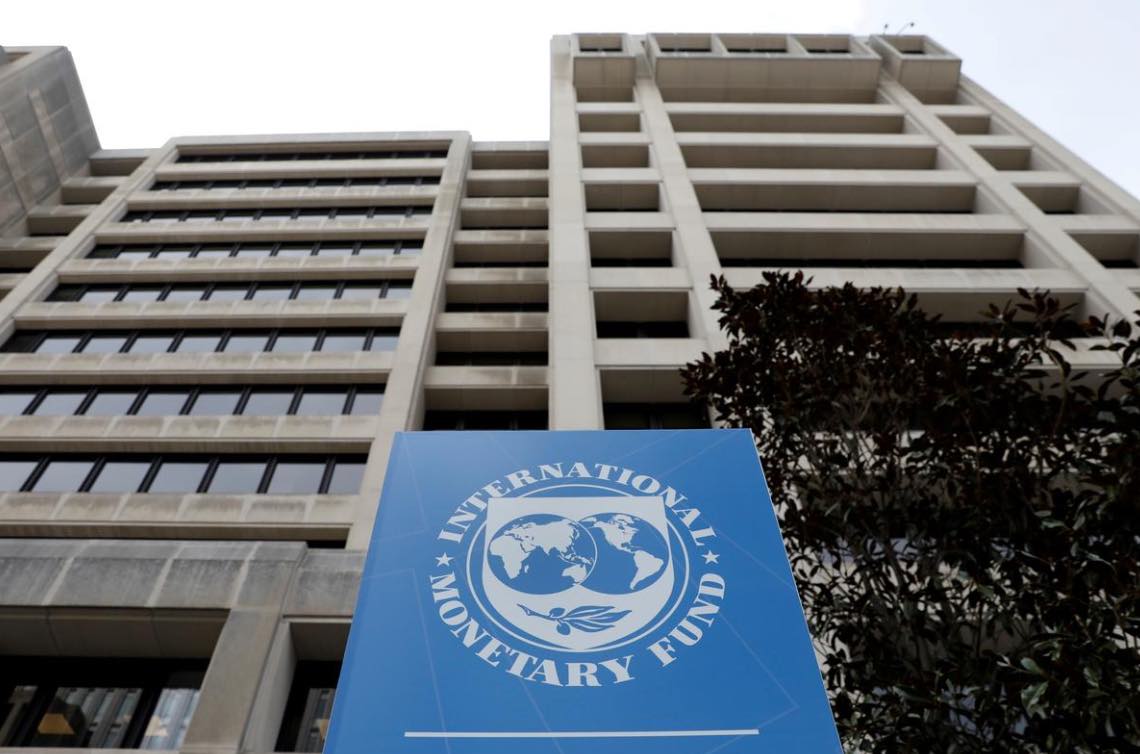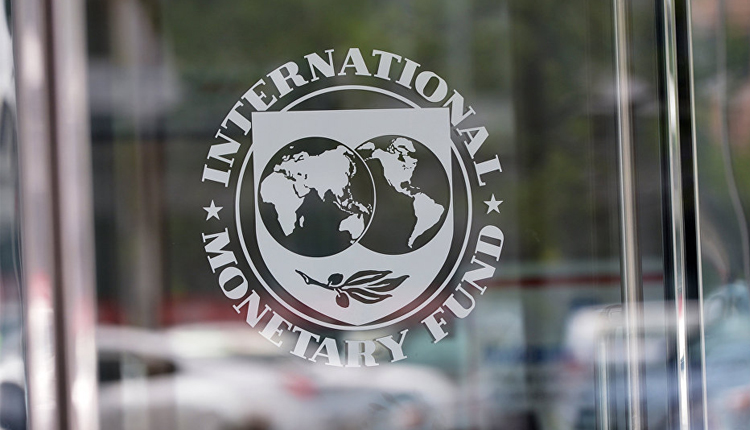The International Monetary Fund (IMF) agreed a US$3 billion financing deal with Egypt on Sunday and praised the policies of an interim government struggling to stabilize the economy after the popular uprising.
Egypt has been seeking funds to plug an estimated US$10 billion to US$12 billion balance of payments gap in the wake of the upheaval that toppled the government in February.
Anger at a growing rich-poor divide in the country of 80 million helped spark the mass demonstrations that toppled President Hosni Mubarak in February.
The government last week approved a budget for the 2011-12 financial year that increases spending by a quarter, partly to help the poor.
"The authorities' economic program is a first step to laying the foundation for a more inclusive private sector-led economic growth," the IMF said in a statement.
It agreed with the government that some reforms could not be pushed through straight away as work was still needed to ensure an effective safety net to protect low-income households.
"Monetary and exchange rate policies will aim at maintaining macroeconomic stability, including by preserving a comfortable level of reserves to ensure that Egypt will have a buffer against unanticipated shocks," the IMF said.
The yield on a 10-year US dollar-denominated Egyptian government bond that matures in April 2020 was at its lowest since mid-January, reflecting improved investor confidence in Egypt's state finances.
Before the agreement was announced Finance Minister Samir Radwan said the IMF funds would be disbursed quarterly under a 12-month agreement, but that Egypt had asked that a large portion of the funds be delivered early.
"We are asking that an important part of it be loaded up front," Radwan said by telephone.
IMF standby arrangements typically stipulate repayment within 3-1/4 to five years.
Cairo has been asking international donors and lenders for financial help after the protests that ended Mubarak's 30-year rule scared away tourists and investors, two of its main sources of foreign exchange.
The crisis has cut into the government's revenue from taxes at a time of increasing demands on expenditure, which includes calls for higher wages from state employees and a pressure to raise subsidies on basic commodities.
The agreement would have to be submitted to the IMF board and to Egypt's cabinet and its ruling military council before it came into effect, Radwan said.




